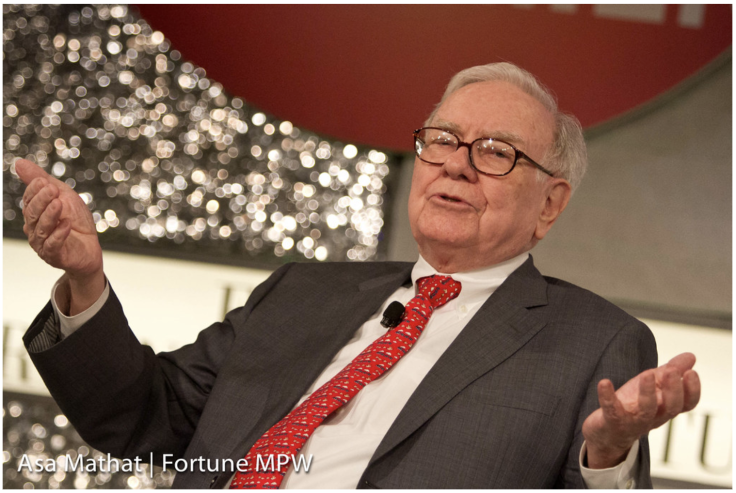Warren Buffett's Remarkable 3,200,000% Return: The Strategic Moves Behind Berkshire Hathaway's Success
In an unprecedented investment journey spanning over 58 years, Warren Buffett's transformational leadership at Berkshire Hathaway has produced a stunning cumulative return of over 3,200,000% and a compound annual growth rate of 19.4%. While much of this growth is credit to vital moves in the insurance industry, Buffett's latest buying spree discloses a sudden focus on Berkshire Hathaway itself.

According to the latest reports, Apple leads Berkshire's portfolio, amounting nearly half of its total value. Despite occasional sales for tax purposes, Buffett persistently adds to Berkshire's Apple position, disclosing his resolute confidence in the tech giant. Yet, there's another stock Buffett has been silently accumulating more than any other in the past five years, a stock that doesn't appear on form 13F – Berkshire Hathaway itself.
Berkshire Hathaway's share repurchase policy underwent a major shift in mid-2018, enabling Buffett to buy shares whenever the stock price dropped below its intrinsic value. Previously, buybacks were restricted to instances when the stock dipped below 120% of book value. Since the policy change, Buffett has constantly repurchased shares every quarter, reaching an all-time high in 2020 and 2021.
While Apple and Occidental Petroleum have been substantial investments, neither comes close to the huge sums Buffett has invested to repurchasing Berkshire Hathaway shares. With a striking $157 billion in cash and equivalents and sturdy free cash flow, Buffett's commitment to buybacks exhibits his belief in Berkshire's intrinsic value and serves as a crucial support for the company's earnings per share, a key determinant of its stock price.
Berkshire Hathaway shareholders benefit from Buffett's share buybacks. As Buffett decreases the number of shares outstanding, the stake of existing shareholders in Berkshire's future earnings goes up. Additionally, Buffett's eagerness to deploy extra cash toward buybacks means there's a big buyer ready to step in if the stock price declines, which should prevent the price from ever falling too far.
© Copyright IBTimes 2025. All rights reserved.






















